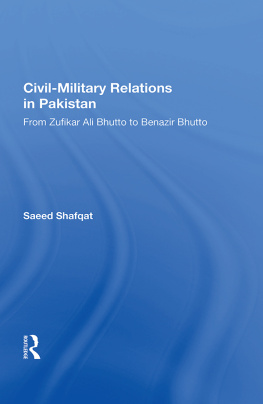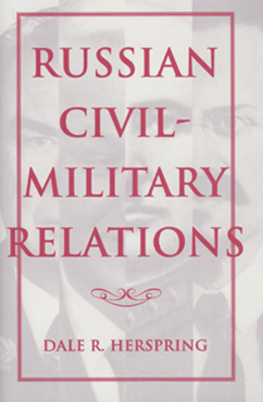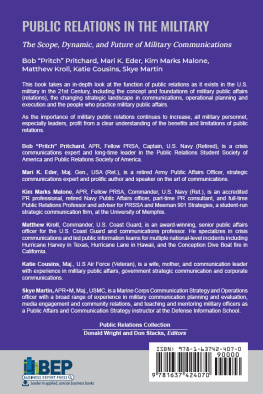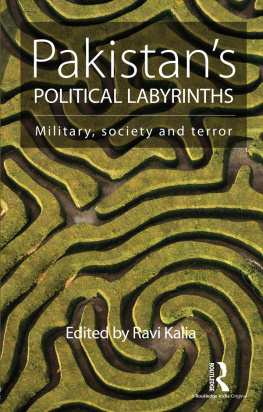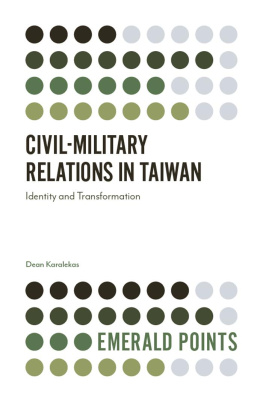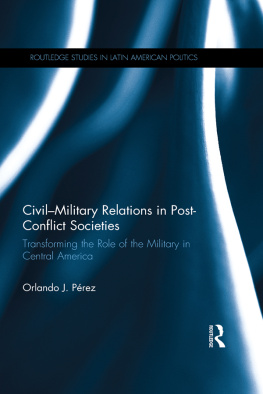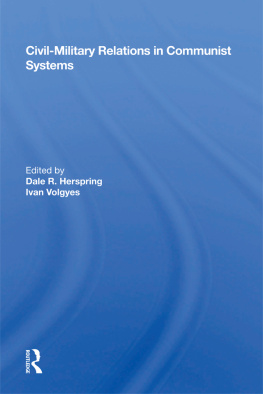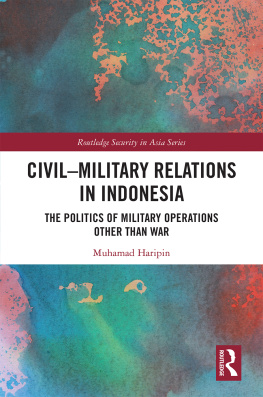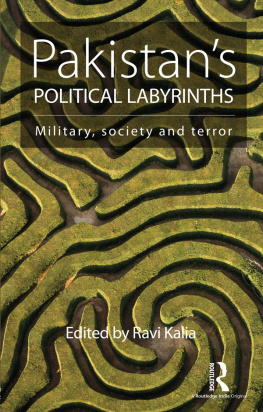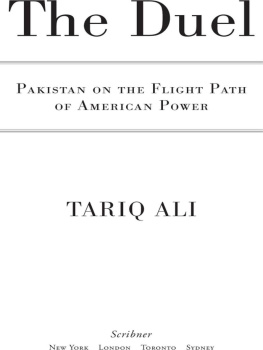To the memory of my parents
First published 1997 by Westview Press
Published 2018 by Routledge
52 Vanderbilt Avenue, New York, NY 10017
2 Park Square, Milton Park, Abingdon, Oxon OX14 4RN
Routledge is an imprint of the Taylor & Francis Group, an informa business
Copyright 1997 by Taylor & Francis A Division of HarperCollins Publishers, Inc.
All rights reserved. No part of this book may be reprinted or reproduced or utilised in any form or by any electronic, mechanical, or other means, now known or hereafter invented, including photocopying and recording, or in any information storage or retrieval system, without permission in writing from the publishers.
Notice:
Product or corporate names may be trademarks or registered trademarks, and are used only for identification and explanation without intent to infringe.
A CIP catalog record for this book is available from the Library of Congress.
ISBN 0-8133-8809-0 (U.S.)
ISBN 969-8133-17-8 (Pakistan)
ISBN 13: 978-0-367-01202-1 (hbk)
The subject matter of this research has been the constraints and limitations of the successor civilian regimes in the post military hegemonic political system. How has the military helped or hampered the prospects of democracy and development in Pakistan? How has the military influenced the conduct and behavior of political leaders, political parties and parliamentary democracy? How have the civilian leaders responded to the policies of the military regimes? This study attempts to assess and evaluate the impact of military rule on the society, economy and political system of Pakistan. The origins of this study date back to my doctoral research, during 1980s, at the Department of Political Science, University of Pennsylvania. As a doctoral candidate I benefitted enormously from exchange of views with Professor Francine Frankel, Professor Fredrick Frey, Professor Eugene Donald Smith. I am grateful to Professor Frankel and Frey for incisive remarks and valuable theoretical insights. Professor Alvin Z. Rubinstien was a constant source of inspiration and encouragement.
It was in 19921993, while on a Fulbright Fellowship that I began to revise, update and reformulate my research. In March 1993, Westview Press agreed to publish my work, the delay in publication (delay of course on my part) forced me to constantly update and revise the work. I am indebted to Carol Jones and Westview Press for their cooperation, support, and understanding.
During all these years of research, teaching and training a number of persons, institutions and friends have helped me in my research endeavors. It is not possible to mention every name but I am most grateful to all of them. Since joining the Civil Services Academy in 1988, I have benefitted enormously from the engaging and stimulating questions asked by the under training officers taking my course on Pakistan Studies. The dialogue and class discussions have helped me a great deal in formulating my views.
At the Academy I have gained much from exchange of views with a number of colleagues. Their insights on the workings of governmentbureaucracy, military, and politicianshave been instructive. A number of colleagues and friends have influenced my thinking on the nature and direction of civil-military relations in Pakistan. I am particularly indebted to Mohammed Parvez Masud former Director General for exchange of views and encouragement. It is with a sense of gratitude that I acknowledge his comments and suggestions on two chapters of this book.
I am grateful to a number of retired and serving senior officers of the armed forces of Pakistan who either gave interviews or exchanged views with me on the subject. I am indebted to (Late) Major General Riaz Ullah Khan, Director Inter Services Public Relations for valuable insights and help. Over the years I have found association and exchange of views with Brigadiers (retired) Jamil Masud, Zafar Rathore, Parvez Zaka a very educative and rewarding experience.
During all these years of teaching and research Dr. K. F. Yusuf has been a constant source of inspiration and encouragement. Dr. Sikandar Hayat made some valuable comments on parts of the manuscript.
I do want to thank my brothers who have been a constant source of strength and support in my research and writing endeavors. My wife Mahrukh has offered me unflinching support, without her sensitivity and forbearance, it would not be possible complete this book.
I am indebted to Nafees Ahmed for word processing the entire manuscript with diligence and a sense of duty.
Though many have contributed to the preparation of this book, I, of course, am solely responsible for any errors of fact or interpretation.
Dr. Saeed Shafqat
Civil Services Academy
Walton, Lahore
(Pakistan)
1
Introduction
In recent decades some very interesting and insightful literature has appeared on the study of civil-military relations in the developing countries and also the newly emerging democracies, Thus raising the pertinent question how transitions from military to civilian rule take place? Why some transitions lead to democratic consolidation while others falter, fumble and revive nostalgia about military rule?
Military continues to be a potent political actor in the developing countries, despite trends towards democracy and civilian rule. The causes of militarys intervention have been well theorized and documented. Fact of the matter was the more modern and professional the military became in developing countries, its intervention in politics also increased.
The focus began to shift from modernizing role of military to its coercive capacity and the dynamics of authoritarian rule, with the publication of ODonnells path breaking work Modernization and Bureaucratic Authoritarianism: Studies in South American Politics. His principal argument was that social and economic modernization would promote political pluralism, which in turn led to authoritarianism. ODonnells concept of bureaucratic-authoritarianism is instructive although of limited value for making an analysis of Pakistani experience.
First, compared to countries like Brazil, Argentina, and Chile, Pakistan had a relatively low level of economic development. At the time of independence, industry was almost non-existent, and the level of urbanization was low. This relationship enhanced the power of the elites to impose various types of economic controls. It also provided the financial-industrial groups with an opportunity to expand without any pressure from competition. Third, the military-bureaucratic elites provided a vital link between the financial-industrial groups and international business, through a series of state sponsored economic policies the position of the financial-industrial groups was consolidated.
As noted above ODonnells, bureaucratic-authoritarianism model provided a penetrating analysis of coalition formation among the military, the bureaucracy, technocracies and international business in the Latin American countries. In this sense, gave an understanding of the nature of the militarys rule and its relationship to dependent capitalism. As opposed to this in Pakistans case, it was not economic but strategic considerations that determined military-bureaucratic elites attitude towards the international security system and led to an alliance with the United States in the 1950s and later in the 1980s.
The purpose of this study is to explain why Pakistan has continued to oscillate between military-hegemonic rule and democratic propensities. It would explore and analyze why democratic processes and institutions have not gained ground in Pakistan and militarys hegemony has continued to prevail. In this context the study would aim to project two alternate but competing models of political development in Pakistan. It would be argued that the constraints and limitations of democratic process and successor civilian regimes in Pakistan could best be understood by analyzing the dynamics of military-hegemony and dominant party political systems in Pakistan. The proponents and beneficiaries of two types of political system have hampered but could strengthen and consolidate democratic development in Pakistan.

